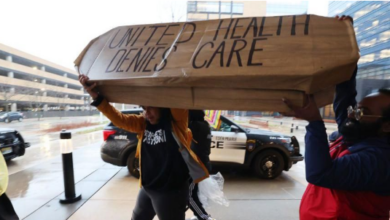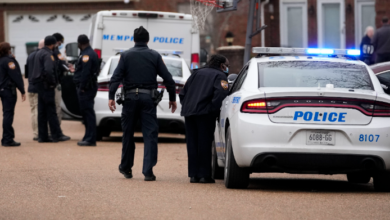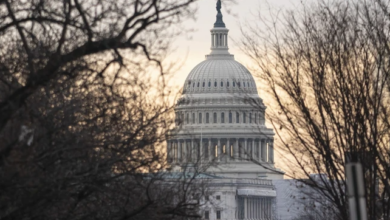Lula Emerges Victorious In Brazil


Source: PABLO PORCIUNCULA / Getty
Brazilian voters rejected a second term of far-right rule Sunday evening. With over a two million vote lead, former President Luiz Inácio Lula da Silva, known as simply Lula, is now president-elect.
Lula beat Bolsonaro by approximately six million votes in the first round, but not enough to beat incumbent Jair Bolsonaro outright. Unlike the United States, the popular vote dictates the presidency. There is no Brazilian electoral college.
Lula was very popular during his last tour as president. Fifteen years ago, I traveled to Brazil as a part of a law school study abroad trip during Lula’s second term.
Periodically following up with students I met during that time, Bolsonaro’s election brought deep concerns for hard-fought progress in the country. But Sunday night felt different for one friend who said she shed tears but for a different reason than four years earlier. She said they were tears of joy.
As we’ve seen in the U.S., defeating a far-right leader is only one step to combatting the global pull toward fascism. Brazil took a decisive step in the right direction Sunday.
Black and poor voters overwhelmingly Back Lula
Lula garnered most of his support from the northern part of the country. Northeastern Brazil overwhelmingly showed up for the leftist candidate who promised a new era of equity and justice.
A CNN report days before the election noted that Black women are a large component of the Brazilian electorate. They were expected to support Lula given his record of supporting issues that benefit Black Brazilian women and their families. Some may simply be rejecting the outrageous cuts to social programs under Bolsonaro.

Source: ARISSON MARINHO / Getty
Bahia, by some accounts Brazil’s blackest state, went 72 percent for Lula. Earlier this month, the Amsterdam News reported that advances Black Brazilians gained under Lula’s previous term were “swept away under Bolsonaro.”
The outlet also reported that Lula worked alongside the Unified Black Movement to implement various progressive equity measures.

Source: ARISSON MARINHO / Getty
Read: It’s Not Just Congress. Downballot Elections Need Your Attention This Cycle.
Voter suppression is not a U.S. only phenomenon
While there was no evidence of widespread political violence on election day, a. viral clip shared by BreakThrough News, hosted by Eugene Puryear, shows emotions running high right before election day. Brazilian Karen was busted on video pulling a gun on a Black man who supported Lula.
“Yesterday, far-right Deputy Carla Zembelli pulled a gun in a crowded restaurant on a Lula supporter (a black man) after an argument,” tweeted BreakThrough News. “He told her ‘Tomorrow: Lula!’”
Claims of voter suppression also made rounds Sunday afternoon as Brazilian voters attempted to cast ballots in the national runoff election. According to Reuters, Brazil’s Federal Police allegedly erected illegal roadblocks in the northeastern part of the country, which heavily favored Lula.
Various accounts surfaced on social media of police stopping voters in the northeastern part of the country. The Federal Police denied any inappropriate actions. A Supreme Court justice promised to investigate the blockades but found no reason to extend voting hours.
“In an internal Oct. 30 PRF document seen by Reuters, Vasques wrote to his agents that they should continue to conduct massive operations across Brazil’s highways, as long as they did not contradict the TSE’s ban on stopping buses carrying voters,” reported Reuters.
It remains to be seen if the actions impacted people’s voting ability. The fact that police were used in this manner speaks to the broader issue of certain factions attempting to subvert the people’s will.
SEE ALSO:
Summer Lee Launches Fiery Ad Against Her Republican Opponent Mike Doyle
2022 Judicial Elections Mean Justice Is On The Ballot
2022 Midterm Elections: Filibuster, Senate Control And The Importance Of Black Voters
Source link






